Are Bonsai Trees Poisonous to Dogs?
Are Bonsai Trees Poisonous to Dogs?
Your Comprehensive Guide to Keeping Your Canine Companions Safe
If you’re a dog owner and a plant enthusiast, you may be wondering, “Are bonsai trees poisonous to dogs?” This is a valid concern, as your furry friends are naturally curious and may be inclined to explore your indoor or outdoor plants. In this informative article, we’ll explore the world of bonsai trees and their potential risks to dogs.
We’ll also provide tips on how to ensure your canine companions stay safe and healthy around these miniature marvels.
Bonsai trees are beautiful and captivating, but they can also pose certain risks to your dogs. It’s essential to be aware of the potential dangers and take steps to keep your pets out of harm’s way. In this article, we’ll delve into the topic of bonsai trees and their toxicity to dogs. We’ll also answer some frequently asked questions to provide a holistic view of the subject.
Table of Contents

Bonsai Tree Varieties That are poisonous to dogs.
Are bonsai trees poisonous to dogs? yes! Certain bonsai plants can be toxic to dogs, and it’s crucial for pet owners to be aware of these potentially harmful species. Here are a few bonsai plants that can be poisonous to dogs, along with a brief description of each:
- Azalea (Rhododendron spp.): Azaleas are known for their stunning flowers, making them a popular choice for bonsai enthusiasts. However, these beautiful plants contain grayanotoxins, which can lead to severe health issues in dogs if ingested. Symptoms of azalea poisoning in dogs include drooling, vomiting, diarrhea, and, in severe cases, heart arrhythmias. It’s best to keep azalea bonsai out of reach of curious canines.
- Jade Plant (Crassula ovata): Jade plants are often cultivated as bonsai due to their easy care and attractive appearance. While not highly toxic, jade plants contain compounds known as bufadienolides, which can cause mild gastrointestinal upset in dogs if ingested. Symptoms may include vomiting and diarrhea. To be safe, place your jade plant bonsai where your dog cannot access it.
- Sago Palm (Cycas revoluta): Sago palms are a favorite among bonsai enthusiasts, but they are incredibly toxic to dogs. The entire plant, including its seeds, contains a potent toxin called cycasin. Ingesting any part of the sago palm can lead to severe liver failure, seizures, and even death in dogs. If you have a sago palm bonsai, it’s crucial to keep it far away from your pets.
- Oleander (Nerium oleander): Oleander bonsai is prized for its lovely flowers and evergreen nature. However, all parts of the oleander plant, including leaves and flowers, contain toxic compounds known as cardiac glycosides. Ingesting oleander can result in severe cardiac and gastrointestinal symptoms in dogs. If you have an oleander bonsai, ensure it’s placed in an area inaccessible to your furry friends.
- Foxglove (Digitalis spp.): While not a common choice for bonsai, foxgloves can be cultivated in miniature form. These plants contain cardiac glycosides, which are highly toxic to dogs. Ingesting foxglove can lead to cardiac issues, including irregular heartbeats, as well as gastrointestinal problems. It’s essential to be cautious with any bonsai species that contain cardiac glycosides.
- Datura (Datura spp.): Datura, sometimes known as “angel’s trumpet,” can be cultivated as a bonsai. These plants contain tropane alkaloids that can cause hallucinations and delirium in humans, and they are equally toxic to dogs. Ingesting datura can lead to severe neurological and gastrointestinal symptoms in dogs. It’s advisable to keep datura bonsai out of reach.
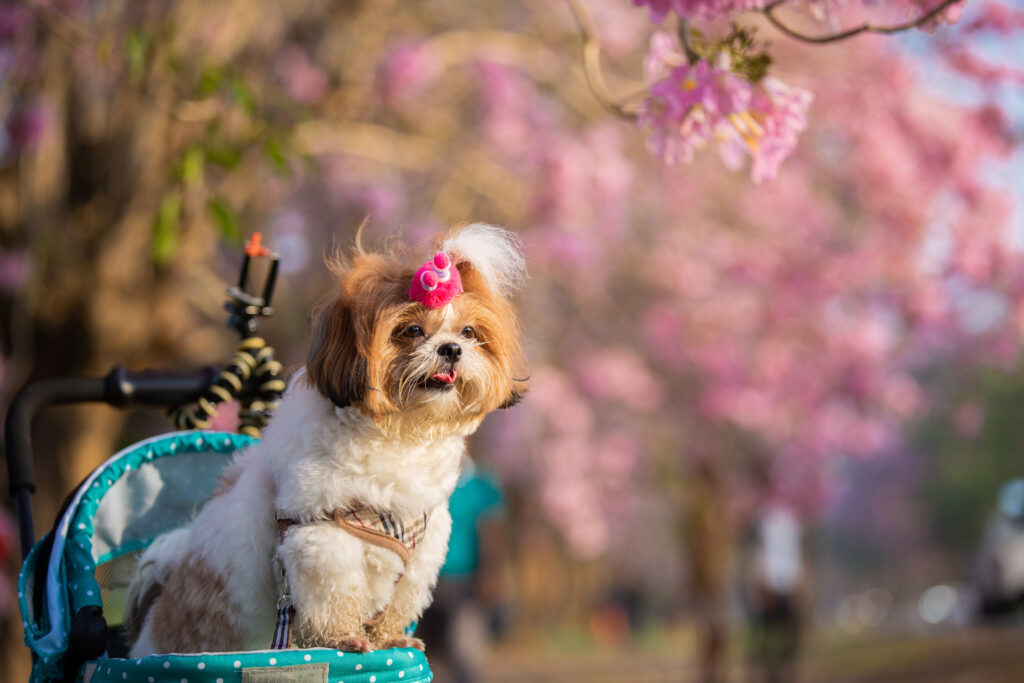
Are bonsai trees poisonous to dogs?
Now, let’s address the pressing question: Are bonsai trees poisonous to dogs?
The answer isn’t a straightforward “yes” or “no.” Bonsai trees themselves aren’t inherently toxic to dogs, but certain factors can pose risks. It’s essential to consider the following aspects:
- Toxic Plants in Bonsai Soil: Bonsai trees are often potted in specific soil blends, and some of these may contain toxic plants. Dogs that dig into the soil or chew on the roots may ingest harmful substances.
- Chemical Treatments: Bonsai trees may be treated with pesticides or fertilizers, which can be toxic to dogs if ingested.
- Small Parts: Some bonsai trees have small parts, such as decorative stones or figurines, that could be a choking hazard if a dog decides to play with them.
Keeping Your Dog Safe
To ensure your furry friend’s safety around bonsai trees, consider these precautions:
- Choose Non-Toxic Species: Opt for bonsai tree species that are known to be non-toxic to dogs, like the Ficus Bonsai. This is a crucial step in preventing any potential harm to your dog. By selecting non-toxic bonsai tree species, you significantly reduce the risk of your dog coming into contact with harmful substances.
- Secure the Area: Keeping your bonsai trees in an area that your dog can’t easily access is a fundamental safety measure. This may involve placing the bonsai trees on shelves, tables, or other elevated surfaces that your dog can’t reach. Alternatively, you can use indoor gates or barriers to create a physical barrier that keeps your dog away from the bonsai trees.
- Inspect the Soil: Regularly check the soil for any unusual substances and remove any toxic plants. Bonsai soil can sometimes contain small, toxic plants or weeds that are hazardous to dogs. By inspecting the soil regularly, you can identify and remove any potential threats, ensuring a safe environment for your pet.
- Natural Pest Control: Utilizing natural, pet-safe pest control methods for your bonsai trees is another critical aspect of keeping your dog safe. Instead of using chemical pesticides that may harm your dog, consider alternatives such as neem oil or ladybugs to control pests in a pet-friendly manner. This approach ensures that your bonsai trees remain pest-free without posing risks to your furry companion.
By following these precautions, you’ll create a safe and harmonious environment where both your bonsai trees and your dog can coexist without worries of potential harm or toxicity.
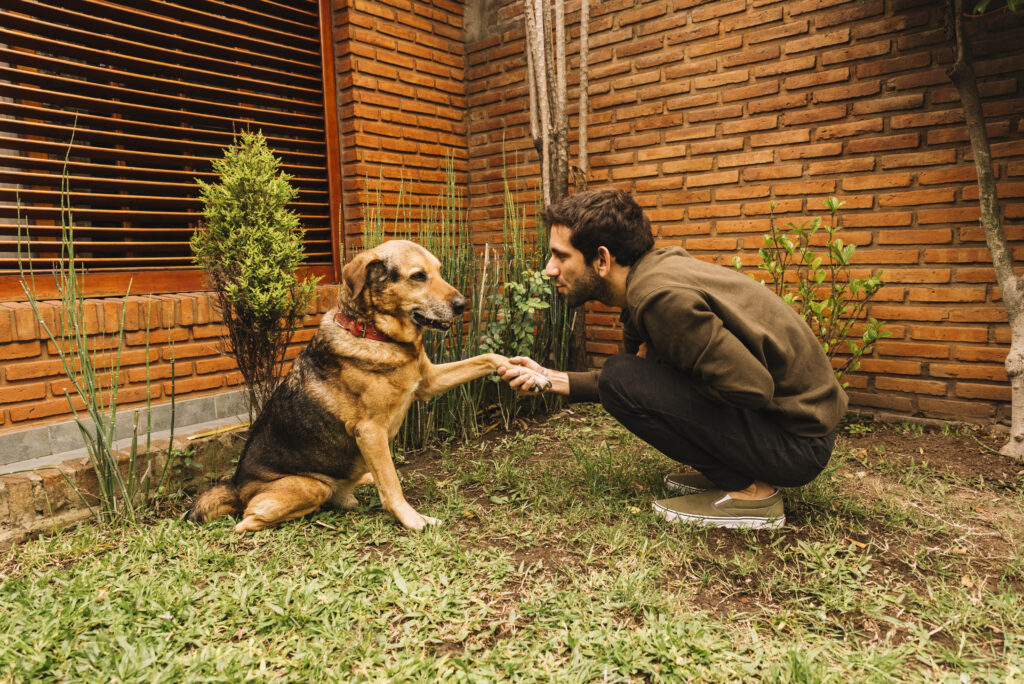
Frequently Asked Questions
Can my dog safely interact with all bonsai tree species?
Not all bonsai tree species are safe for dogs. It’s crucial to choose non-toxic species and ensure your dog can’t access the soil or small parts.
What should I do if my dog ingests part of a bonsai tree?
If you suspect your dog has ingested something harmful, contact your veterinarian immediately. Be prepared to provide information about the plant and any treatments it may have received.
Are there any non-toxic alternatives for pet owners who want indoor plants?
Yes, there are plenty of non-toxic houseplants that can provide greenery in your home without posing risks to your dog. Some options include spider plants, Boston ferns, and areca palms.
Can dogs be trained to avoid specific areas or objects?
Yes, dogs can be trained to avoid specific areas or objects. Positive reinforcement and consistency in training can help keep your dog away from bonsai trees.
Are there any signs that my dog has been poisoned by a bonsai tree?
Common signs of plant poisoning in dogs include vomiting, diarrhea, drooling, lethargy, and tremors. If you notice any of these symptoms, seek immediate veterinary care.
What should I do if my dog chews on my bonsai tree?
Prevent further chewing and monitor your dog for any adverse reactions. If you notice any signs of distress, consult your vet.
Conclusion
In conclusion, while bonsai trees themselves are not inherently poisonous to dogs, certain aspects, such as toxic soil or chemicals, can pose risks. To ensure your canine companion’s safety, choose non-toxic bonsai tree species and take precautions to prevent access to the soil and small parts. Remember, being a responsible dog owner means keeping your pets safe and healthy in all aspects of their environment.
By following these guidelines, you can continue to enjoy the beauty of bonsai trees while keeping your furry friends out of harm’s way.
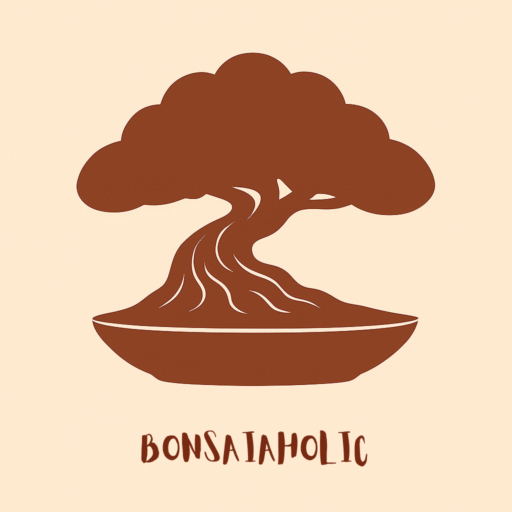
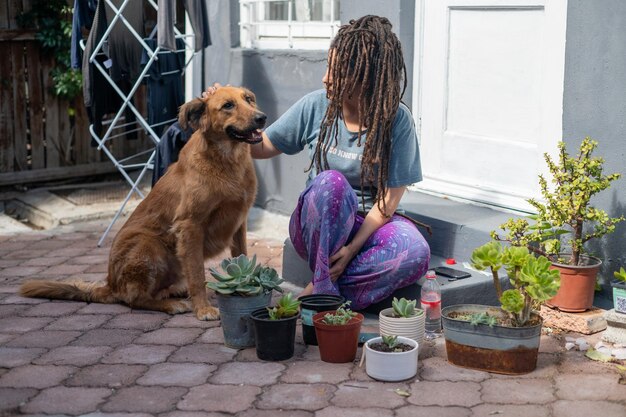
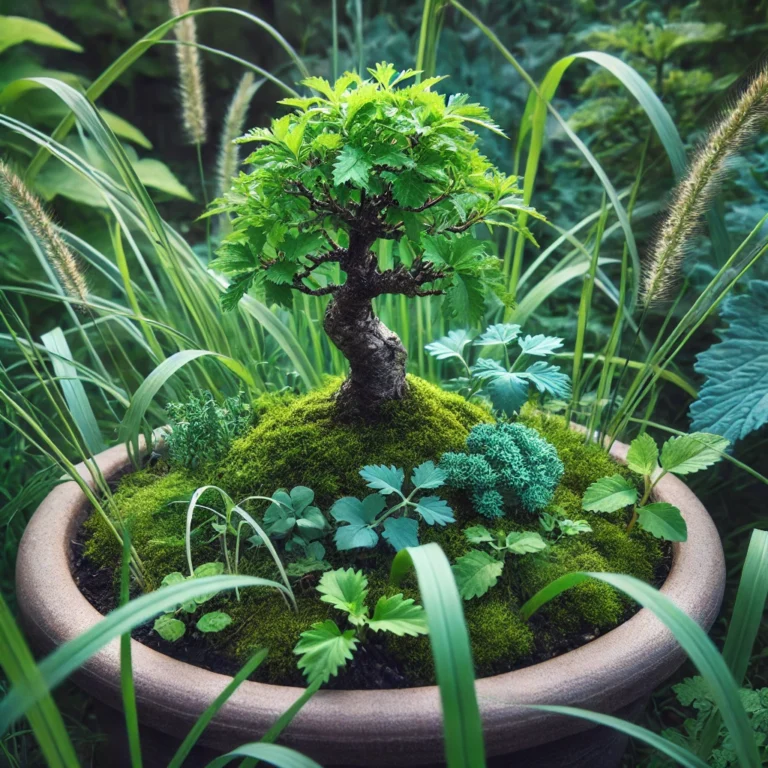
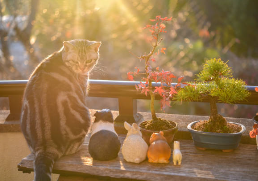


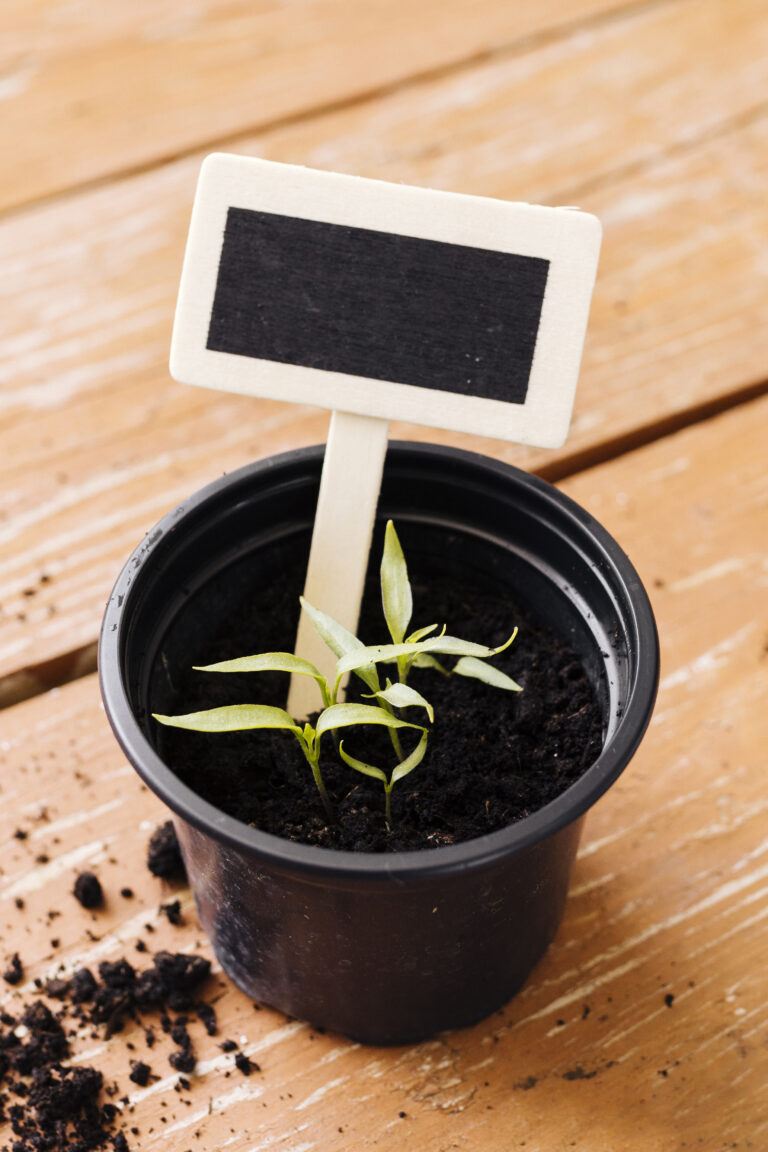
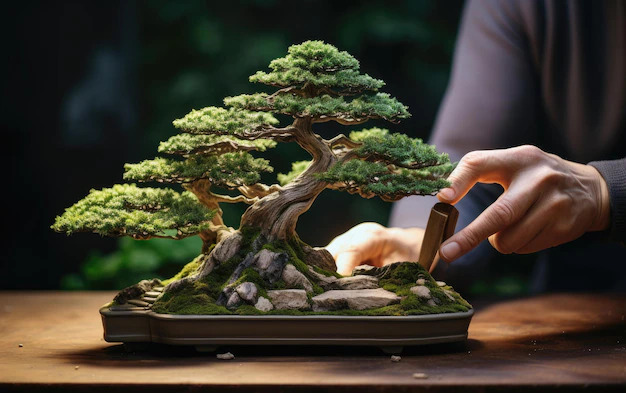
I do like the way you have presented this particular situation plus it really does present us a lot of fodder for consideration. Nonetheless, through everything that I have witnessed, I basically wish when other feed-back pack on that men and women remain on issue and in no way start upon a soap box associated with some other news du jour. Still, thank you for this fantastic piece and even though I can not necessarily go along with it in totality, I respect the perspective.